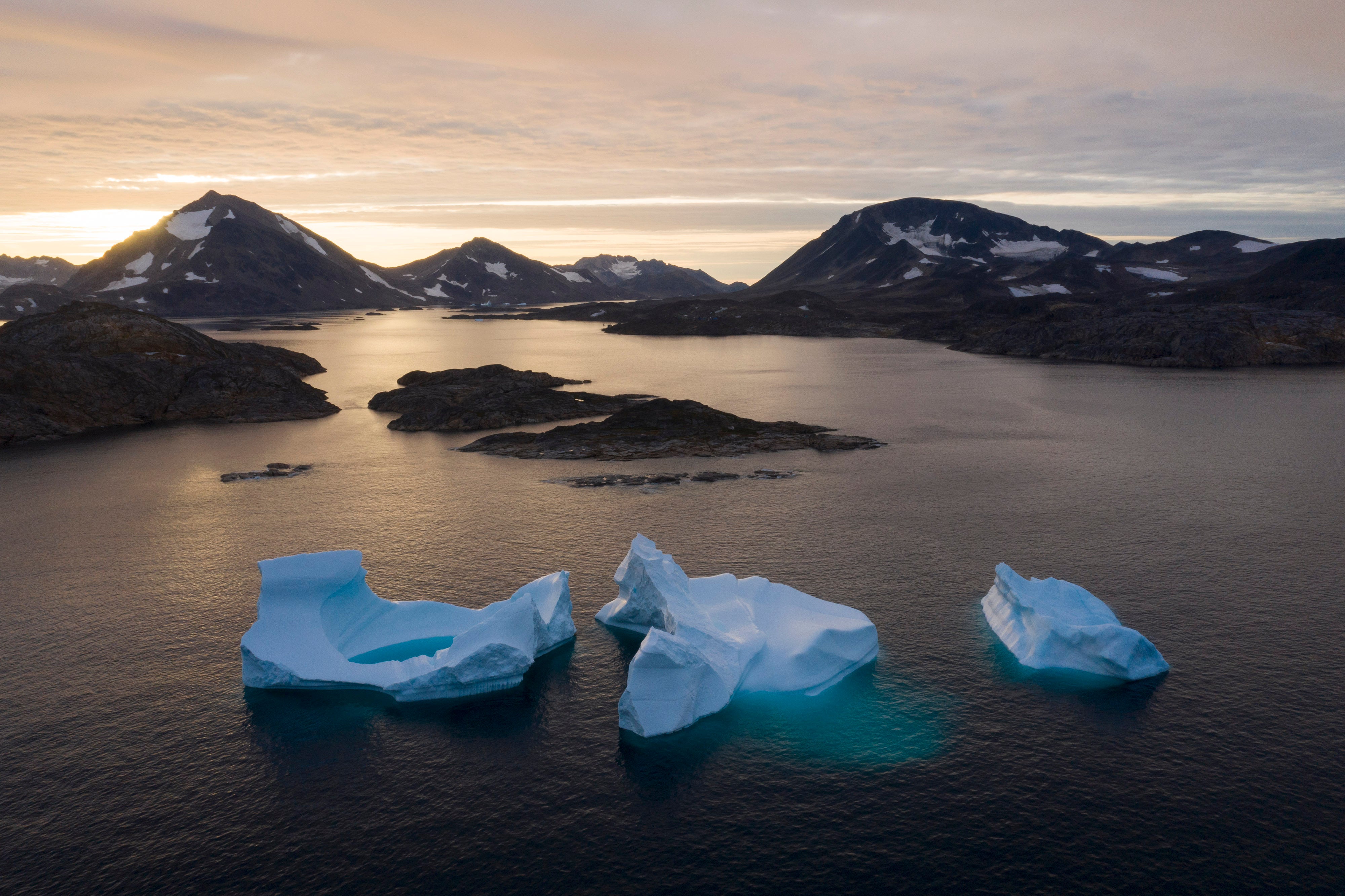Norway takes over presidency of Arctic Council from Russia
Norway has taken over the Arctic Council’s rotating presidency from Russia

Norway took over the Arctic Council's rotating presidency from Russia on Thursday amid concerns that the work of the eight-country intergovernmental body on protecting the sensitive environment is at risk because of suspension of cooperation with Moscow over the war in Ukraine.
In March 2022, seven western members of the Arctic Council which doesn’t deal with security issues but makes binding agreements on environmental protection and gives a voice to the Indigenous peoples of the Arctic region, suspended their participation in the intergovernmental body in response to Russia’s invasion of Ukraine a month earlier.
The countries — Canada, Denmark, Finland, Iceland, Norway, Sweden and the United States — said that they wouldn't send representatives to the council’s meetings in Russia — the world’s largest Arctic state — although they remained convinced of the value of Arctic cooperation.
Research involving Russia, ranging from climate work to mapping polar bears, has been put on hold, and scientists have lost access to important facilities in the Russian Arctic.
The Arctic Council, which covers an area home to more than 4 million people, is one of the only places where Russia sits at the same table as Western countries.
During Russia’s two-year chairmanship, the Arctic Council faced the greatest threat to its existence since it was created in 1996.
That could have implications for the Arctic environment, with melting sea ice and the interest of non-Arctic countries in the vast region’s mostly untapped mineral resources. The region also could see new naval passageways and new opportunities for trade, as travel time for ships between Asia and the West could be noticeably slashed.
Danish Foreign Minister Lars Løkke Rasmussen recently said that the council was “limping along a bit. But there is really no alternative.”
“It is a huge challenge for Norway. They have to isolate Russia and at the same time they have to make sure not to provoke Russia to dissolve the Council," said Rasmus Gjedssø Bertelsen, of the Arctic University of Norway in Tromsoe.
And on top of the member states, six organizations representing Arctic Indigenous peoples have status as permanent participants.
Gjedssø Bertelsen feared that Indigenous peoples might “lose an important forum and a prominent platform,” adding that many of the groups are cross-border organizations and don't follow national borders.
Several countries like France, Germany, China, Japan, India and Korea attend the meetings of the Arctic Council as observers, meaning international politics is another challenge for Norway's presidency, he told The Associated Press.
A security policy expert on polar regions, Dwayne Ryan Menezes, warned that with Norway taking over, the forum’s problems won’t go away.
The Scandinavian country ”clearly recognizes the challenges that lie ahead, especially with respect to the future of Arctic cooperation through the Arctic Council at a time when cooperation with Russia is still suspended,” he said.
“But it will make it possible for the majority of member states to have a close working relationship with the chair once again, which will aid the forum’s work of promoting cooperation and coordination,” he said.
"Norway will continue to focus on the core issues the Council deals with, including the impacts of climate change, sustainable development and efforts to enhance the well-being of people living in the region," Huitfeldt said.
She vowed “to resume its important work during Norway’s period as chair. Together with the other member states, we will now explore how this can be achieved in practice.”
Formally, the 13th meeting of the Arctic Council was held in Salekhard, Russia, but unlike in 2021, when the Icelandic foreign minister handed over a wooden hammer to Russian counterpart Sergei Lavrov as Iceland passed on the chairmanship baton, Thursday's attendees were the participating countries’ Arctic ambassadors — not foreign ministers — who met in an online event.
That meeting issued a statement “recognizing the historic and unique role of the Arctic Council for constructive cooperation, stability and dialogue between people in the Arctic region.” But there was no mention of Ukraine.
Bookmark popover
Removed from bookmarks